Toward a healthy society
without poverty.
The future woven by DMR
that makes the most of the natural order
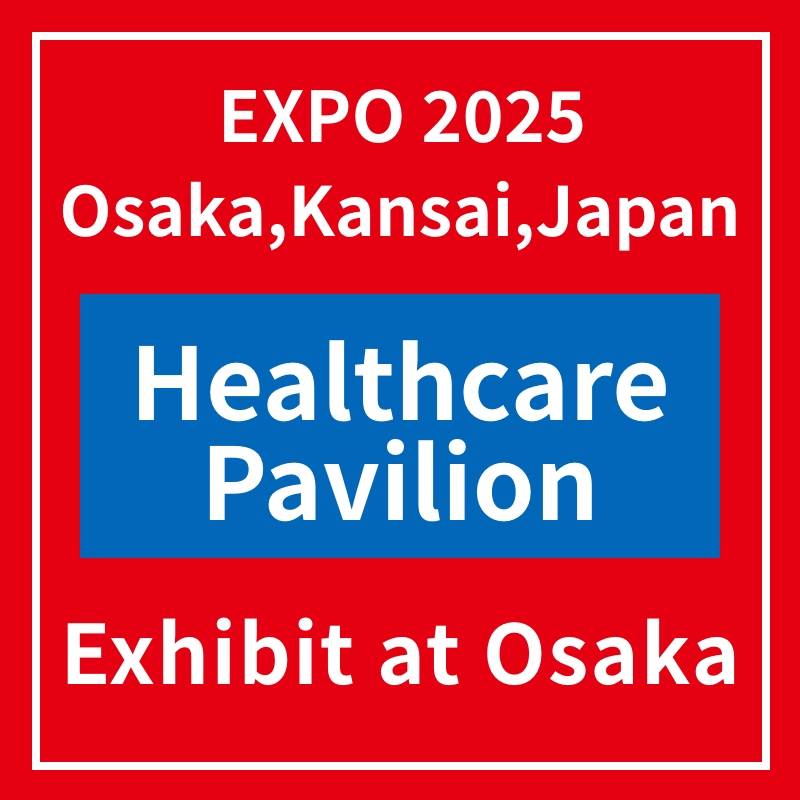

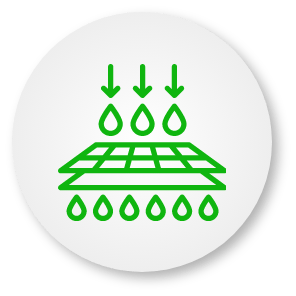
Sustainable
domestic wastewater remediation Water pollution remediation
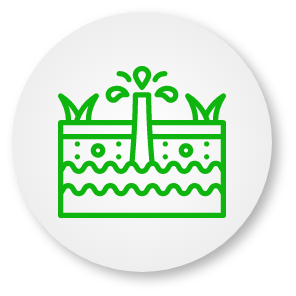
Promotes safe and secure crop growth without the use of chemical fertilizers
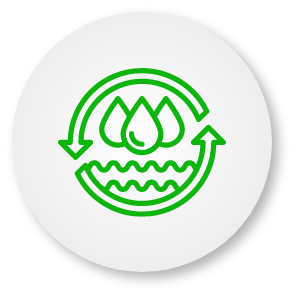
Long-Term Cost Down Recycling domestic wastewater without electricity
Active in countries and regions
where electricity is not stably supplied
DMR was created by rethinking conventional wastewater treatment, which requires enormous amounts of electricity, and using new technology to reproduce and evolve nature’s outline.
In addition to the worsening of sanitation and water pollution caused by domestic wastewater being discharged directly into the natural environment, DMR system also addresses food and poverty issues, and brings an affluent lifestyle in harmony with nature to all people.
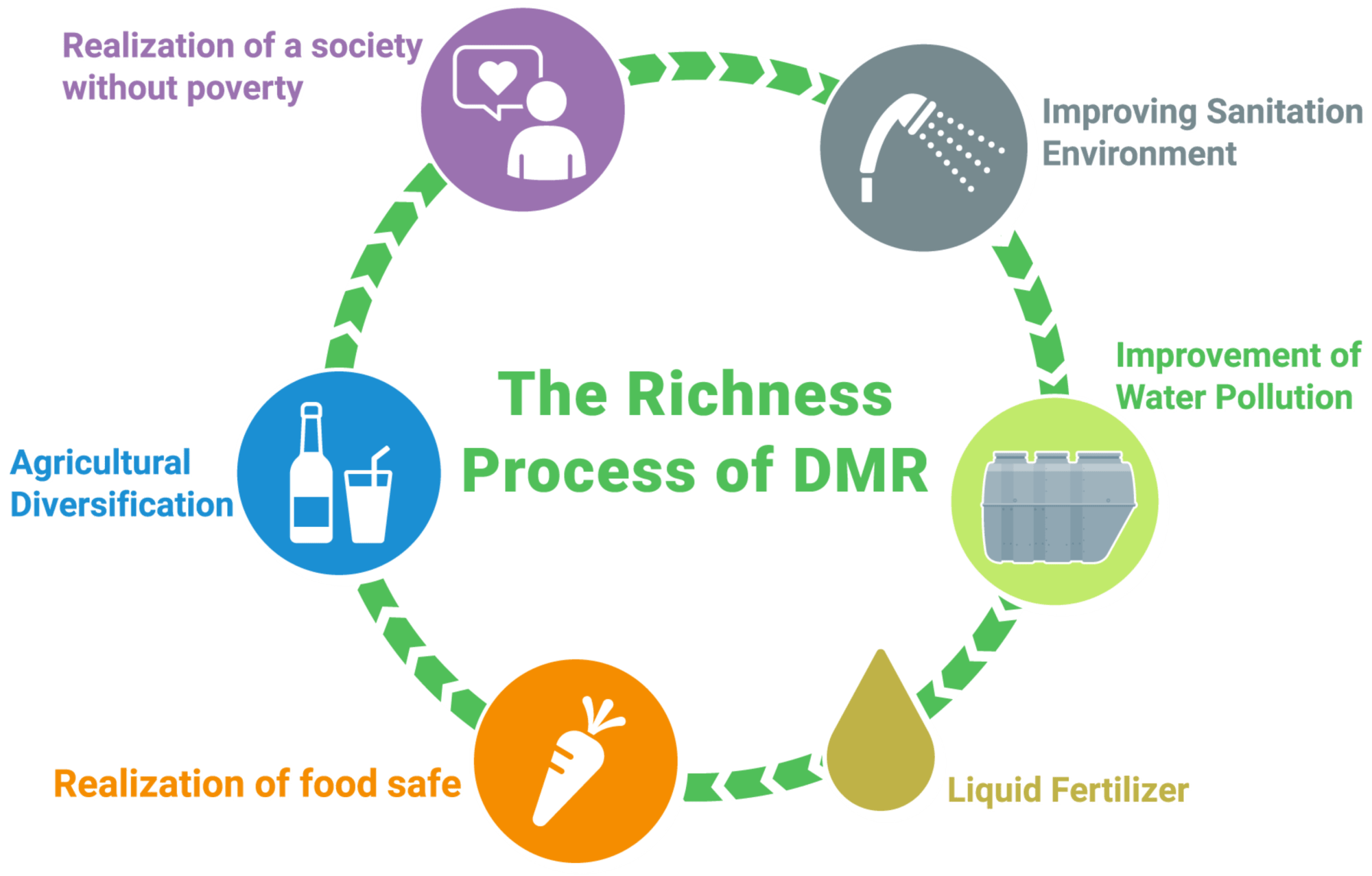
Realization of a society without poverty
Selling high-value-added products a Increasing income.
Improvement of Water Pollution
The discharge of treated water into public water bodies improves water quality.
Agricultural Diversification
Kansaikako, which grows carrots without pesticides and develops and sells processed products of carrots, supports Agricultural Diversification.
Realization of food safety
Liquid Fertilzer that is made with DMR promote the growth of crops. Without the use of chemical fertilizers. the soil can be improved and crops can be grown safely while protecting the environment.
Improving Sanitation Environment
Domestic wastewater from kitchen and toilet is able to be treated at areas without electricity and sanitation environment would be improved.
Case Studies
Application Examples
Growing with treated water
Results of a study conducted at Ehime University
In a study conducted at Ehime University, cultivation trials were conducted under three conditions: with treated water alone, with conventional fertilization, and also without fertilization, and the results showed overwhelmingly better growth when cultivated with treated water alone.
It is possible to grow vegetables using treated water without the need to purchase chemical fertilizers.
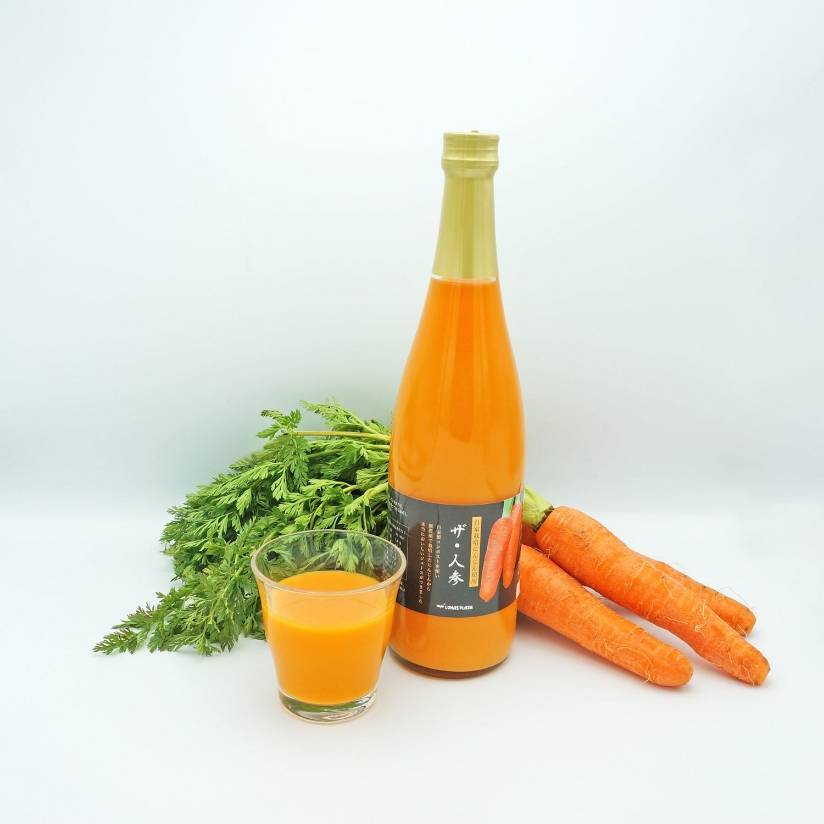
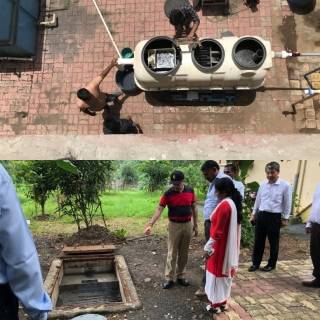
DMR Introduced in India
Expanding Business to the Global South
The domestic wastewater treatment and recycling system “DMR” has been developed based on the technology that Kansaikako has cultivated over many years. With the support of our business partner in India, we have been installing and testing a DMR plot type in rural area of India since December 2017. In addition, we have conducted a SDGs Business Model Formulation Survey under JICA’s Small and Medium Enterprise support program in Gujarat, India, to prepare for commercialization. In the future, we will work with our business partner in India to promote legislation to improve water pollution caused by domestic wastewater in India. And in further future, we plan to build on our achievements in India to expand our business to other countries in the Global South, which also face similar water pollution and poverty issues.


STORY
Kansaikako has developed and produced a lot of PVC products for wastewater treatment for over forty years.
We have realized the effectiveness of Kansaikako’s original filter media, which is called “MGR”. Wastewater treatment uses the work of microorganisms that do not require oxygen (anaerobic microorganisms), and MGR is a habitat for these microorganisms. An abundance of anaerobic microorganisms on the MGR ensures efficient treatment of wastewater.
And now, we have developed a new domestic wastewater treatment and recycling system, which is called “DMR”, by using MGR technology and without electricity.
The water treated in the DMR equipment is also used as liquid fertilizer. At Ehime University, we have confirmed that DMR treated water contains components useful for crop cultivation and promotes the growth of carrots and spinach.
The DMR enables the treatment of wastewater from households, the use of treated water as liquid fertilizer, the cultivation of high value-added crops, and the sale and income from the harvest of the crops themselves or products processed from the crops, thus ,this sequence of actions is the process of enrichment that the DMR brings about.

Realizing prosperous lifestyles for all
Future domestic wastewater recycling system

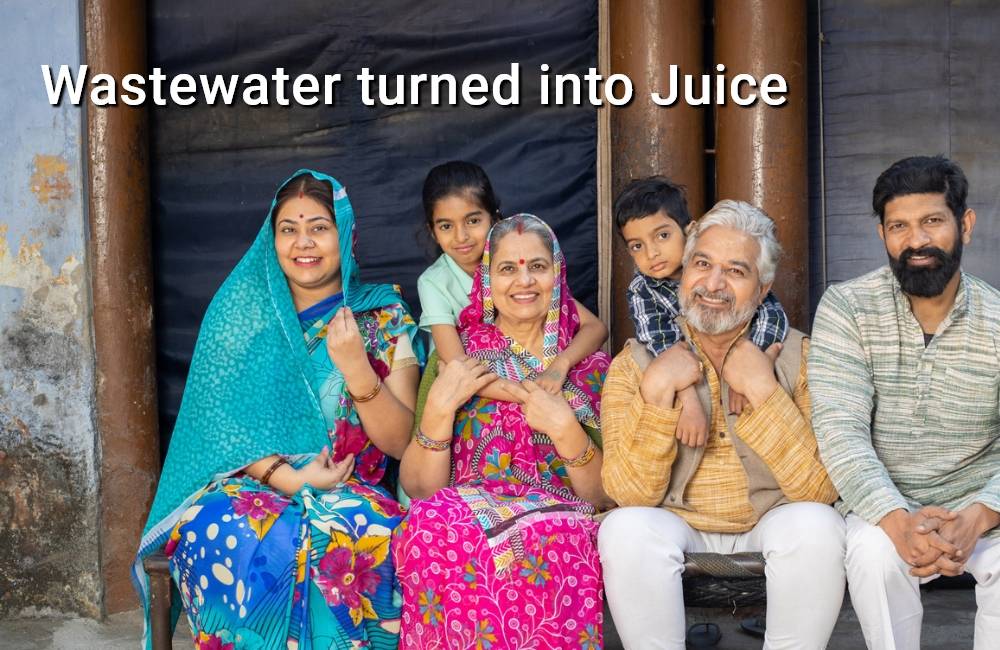
Features of DMR
What is the wastewater recycling system of the future ?
Not only does it treat domestic wastewater from toilets, kitchens, and bathrooms etc.
without using electricity, but also the treated water can be used as liquid fertilizer.
No electric power required Achieve carrier flow
International patent pending for the internal mechanism.
This wastewater treatment system can be used not only in India, but also in developing countries and other countries around the world that lack electrical facilities.
Crops grow rapidly with treated water
The treated water is rich in components necessary for crop cultivation and can be used as liquid fertilizer on farmland.
Deodorization by the power of plants and soil.
Odor problems from wastewater are deodorized by the power of plants and microorganisms in the soil.

FAQ
What is the DMR's capacity to treat domestic wastewater?
The BOD concentration of the treated water will be less than 40 mg/L.
Will the ammonia component be treated?
In wastewater treatment, ammonia is treated by microorganisms that require oxygen (nitrification reaction). Oxygen is supplied to the microorganisms by a blower that sends air to the microorganisms. Electricity is required to operate the blower.
Since DMR is only an anaerobic microbial treatment system that does not require electricity and does not use a blower, ammonia is not treated and remains in the treated water. The treated water should be used as liquid fertilizer containing a nitrogen source.
Will the treated water contain E. coli?
Like sewage treatment plants and septic tanks, DMR uses a chlorinating agent in the final process of wastewater treatment to sterilize E. coli bacteria.
Similarly, chlorinators are used to keep the residual chlorine concentration in the treated water below 1 mg/L.
At this concentration of residual chlorine, there is no effect on crop cultivation even if the treated water is used as liquid fertilizer.
What crops is the treated water suitable for growing as liquid fertilizer?
In the demonstration test, we confirmed that carrots and spinach grew larger with liquid fertilizer than with conventional fertilizer.
In what environments is the DMR suitable for use?
DMR is best suited for areas where wastewater treatment by anaerobic microorganisms is well advanced and where the minimum temperature is above 20°C throughout the year.
What kind of maintenance is required for DMR?
Add chlorine to the chlorinator cylinder (chemical cylinder) once every three months. Also, once a year, the sludge should be drained. It is recommended that the sludge be mixed with fallen leaves and other materials to make compost.
Is there anything I should be careful about when using DMR?
Cooking oil should be absorbed by newspaper or cloth and should not flow into the DMR. Vegetable scraps, leftovers, and other food waste should be collected as garbage and should not be poured down the drain. The total volume of water flowing into the DMR should be less than 1 m3 (1000 L) per day.
Partner Recruitment
Kansaikako provides products to other countries for the infrastructure that is the foundation of daily life and economic activities, with the goal of living in harmony with nature, which is realized by reproducing and evolving the laws of nature through new technologies.
We are looking for partners who can work together with us to achieve the same goal.
We look forward to hearing from you.


By reproducing and evolving the natural order through new technologies, we realize a life in harmony with nature.
We provide products to other countries for the infrastructure that is the foundation of our daily lives and economic activities. With the advanced technology of Japan and the knowledge and experience that Kansai Kako has accumulated since its establishment, we are expanding our non-electric wastewater recycling systems to the environmentally conscious countries of Europe, the United States, and Asia. Through these efforts, we will contribute to the achievement of SDG Goal 6, “Ensure access to and sustainable management of water and sanitation for all people.
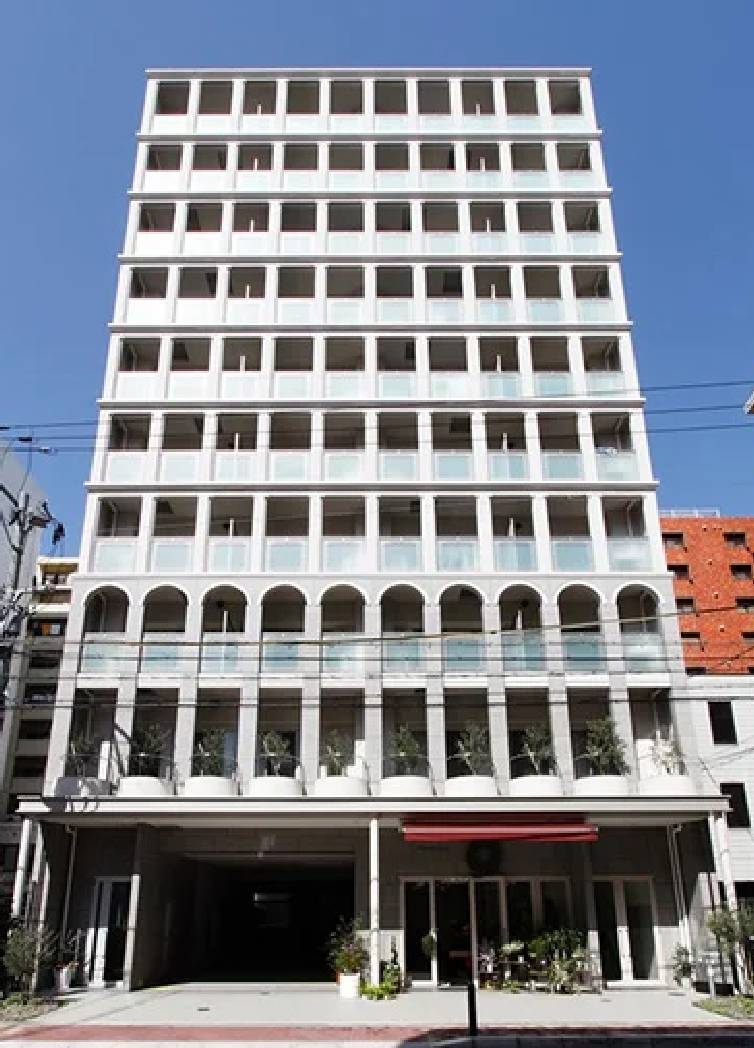
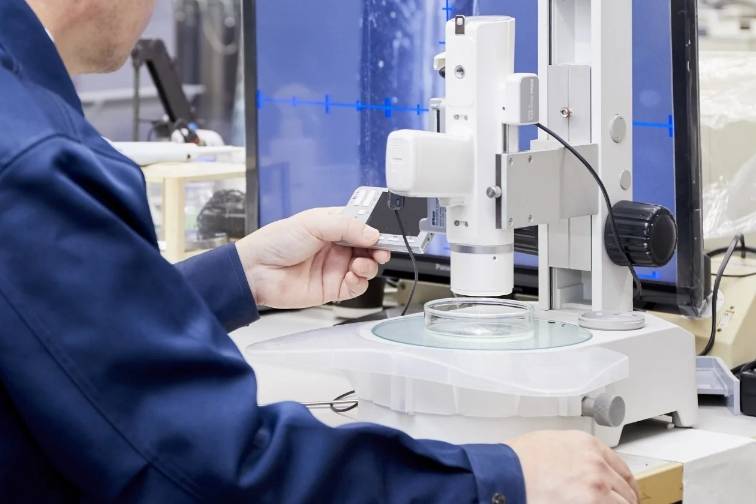
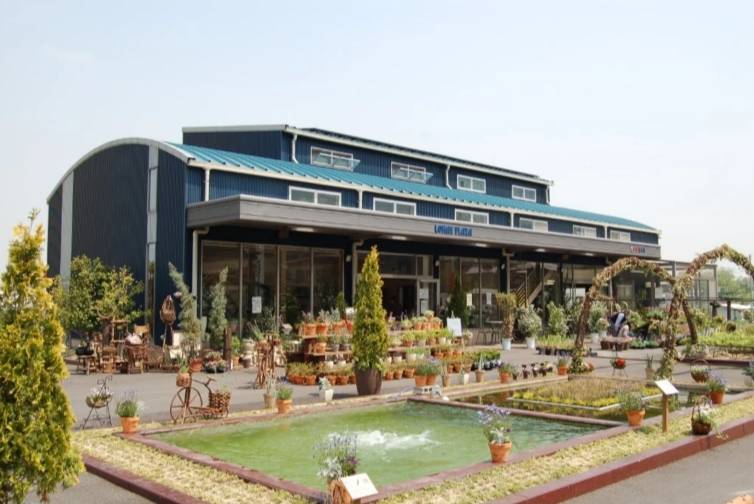
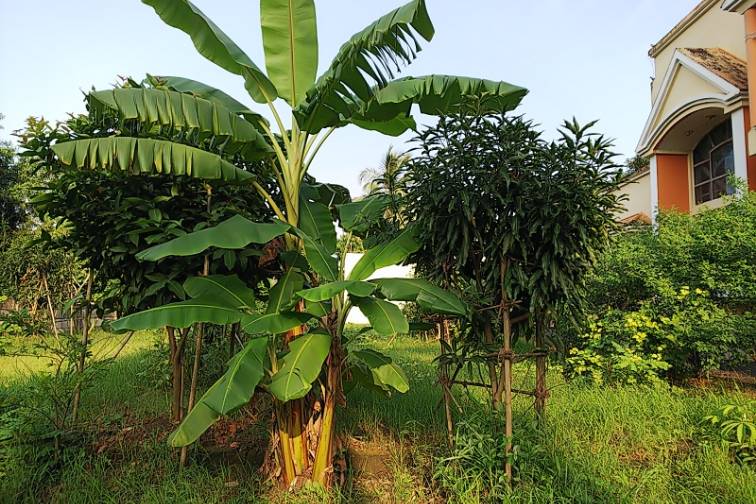
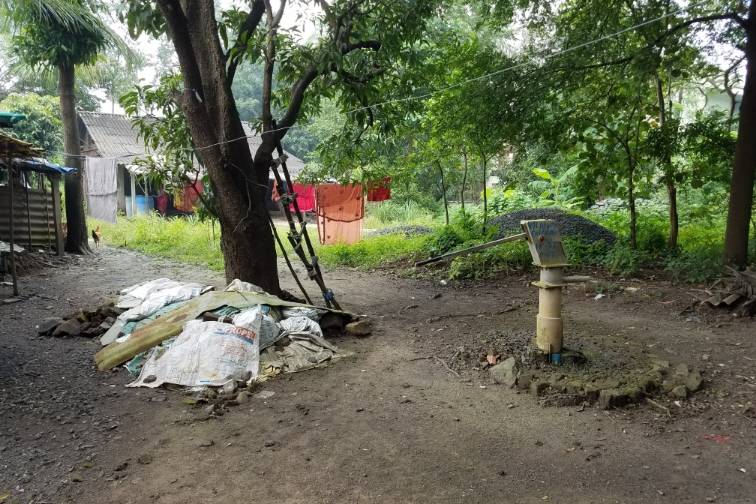
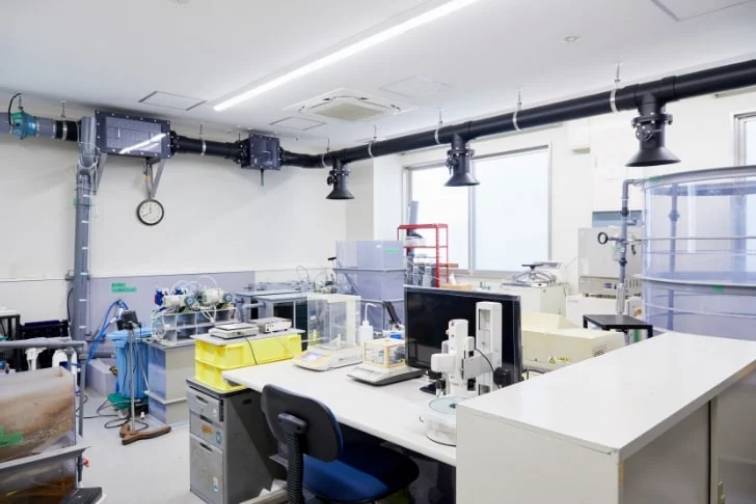
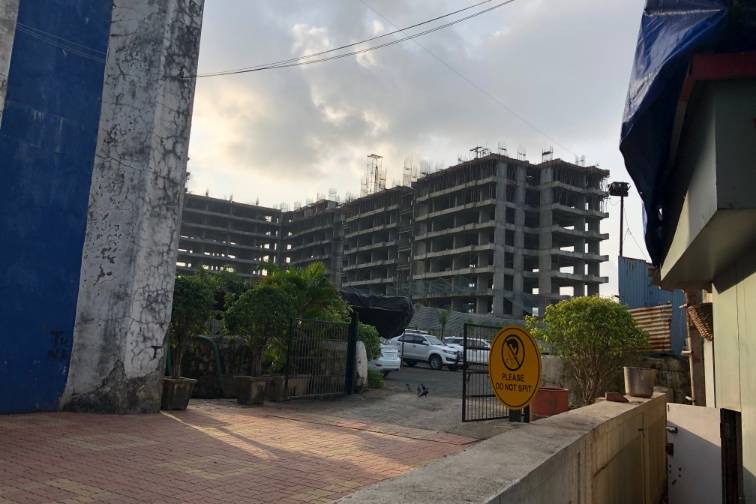
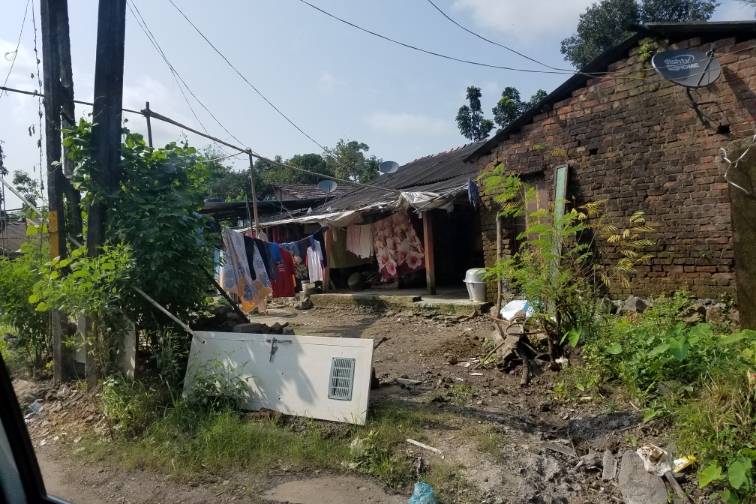
Contact us
Please feel free to contact us for any requests and consultations.
- Osaka Head Office/ Laboratory
- Phone+81-6-6192-5830
- FAX+81-6-6192-5831
- Shikoku Branch Office
- Phone+81-898-72-5680
- FAX+81-898-72-5681
- Kanto Branch Office
- Phone+81-48-795-1999
- FAX+81-48-795-1998
- Tohoku Sales Office
- Phone+81-22-354-1949
- FAX+81-22-354-1849

